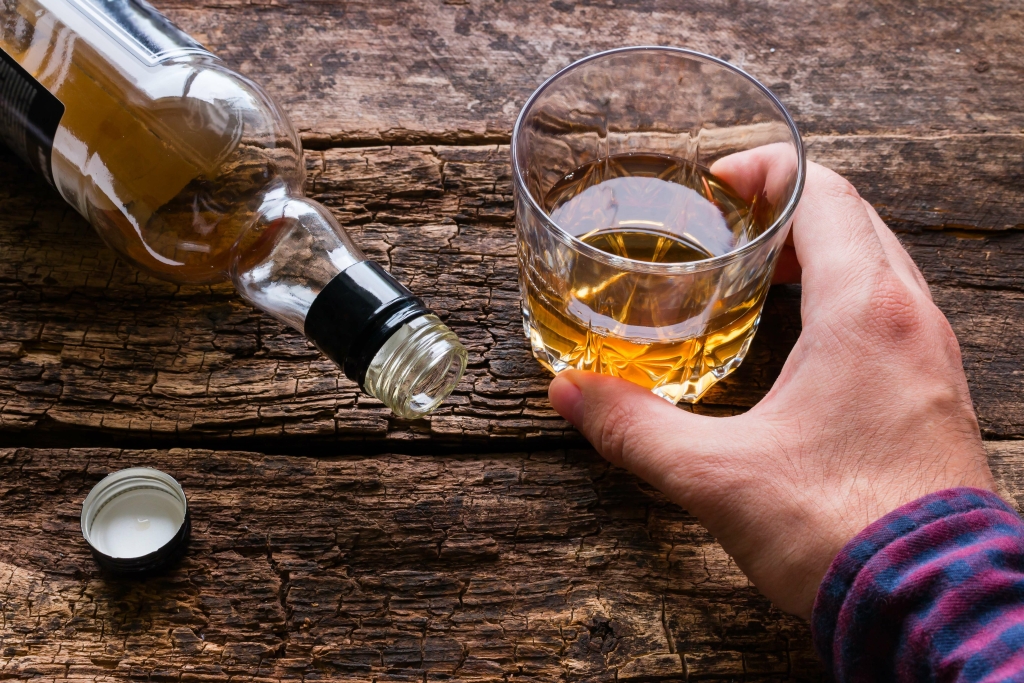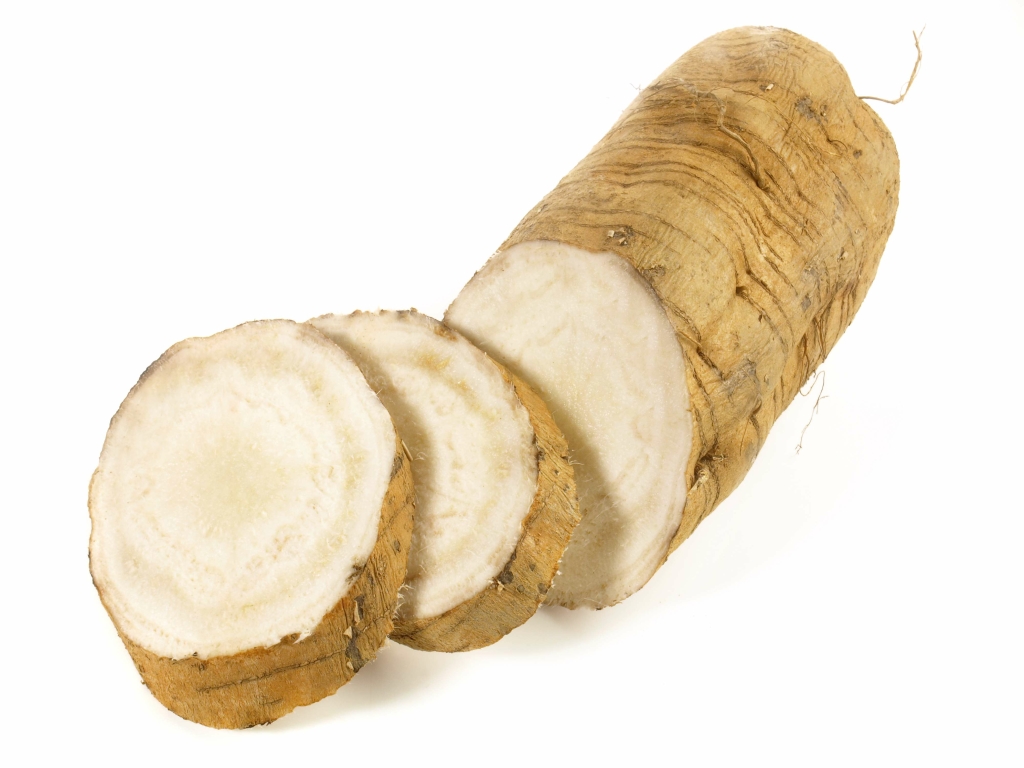Some symptoms, such as irritability, fatigue, and sleep disturbances, may persist over time while the body adjusts to the lack of alcohol. Individuals may also want to consider maintenance medications, a support group, or enlisting the support of friends. In some cases, symptoms may progress to severe withdrawal with seizures and delirium tremens. Alice is a board-certified Family Nurse Practitioner and Addiction Registered Nurse – Advanced Practice. With a background in communications and gender studies from Tulane University, Alice transitioned to nursing shortly after Hurricane Katrina, driven by a desire to make a meaningful impact in healthcare in her community. She earned her Bachelor of Science in Nursing from the University of Louisiana at Lafayette and her Master of Science in Nursing from Loyola University New Orleans.
Alcohol Withdrawal Timeline: How Long Does Each Stage Last?
- Accordingly, appropriate recognition and treatment of AW can represent an important, albeit small, first step toward recovery.
- Inpatient facilities offer round-the-clock supervision, including medical supervision if needed, during the withdrawal process.
- Alcohol withdrawal syndrome (AWS) happens when you stop drinking alcohol after heavy, long-term use.
- According to the National Institute on Alcohol Abuse and Alcoholism (NIAAA), recovery is a process that involves remission from AUD and quitting heavy drinking for good.
This article discusses the https://newfs.info/base/8656/ causes, common symptoms, and different stages of alcohol withdrawal. It also discusses various treatment options for alcohol withdrawal and how you can get help. AA and other 12-Step groups can also connect you with a peer sponsor—someone you can depend on to support you through the recovery process. Your sponsor’s role is to guide you through the challenges of early sobriety.
Outpatient Substance Abuse Counseling and Psychotherapy

Still, if you’re experiencing alcohol withdrawal, it’s essential to have your symptoms evaluated by a medical professional. Minor alcohol withdrawal symptoms typically set in about 6 hours after your last drink and may last 4 to 48 hours. The most intense phase of alcohol withdrawal — delirium tremens (DTs) — can appear 48 or even 72 hours after drinking has stopped or significantly decreased. During this phase, visionary effects such as hallucinations and severe confusion become present. Insomnia is another common symptom of alcohol withdrawal symptoms experienced during the first week of sobriety. At Healthgrades, our Editorial Team works hard to develop complete, objective and meaningful health information to help people choose the right doctor, right hospital and right care.

Risk Factors and Complications
Once you complete treatment, you may opt for counseling and therapy for ongoing support. While there are no cures for brain damage from drinking alcohol, early diagnosis and lifestyle changes will stop further damage and reverse the deterioration. New brain cells develop within a year after abstaining from drinking. Since your body has adapted to the constant presence of alcohol, its abrupt removal will disrupt the equilibrium your body has created. You’ll be in a hyper-aroused state, which is a common alcohol withdrawal symptom. Explore substance use treatment plan facets and build a strong foundation for addiction recovery in Kansas.
Excessive alcohol consumption can cause the brain and body to become dependent on alcohol. Withdrawal seizures are most typically experienced 24 to 48 hours after the last drink. When you drink, the alcohol suppresses certain neurotransmitters in your brain.
Stages of Alcohol Withdrawal and Timeline
- Millions of people worldwide struggle with alcohol addiction and go through withdrawal every year.
- Explore substance use treatment plan facets and build a strong foundation for addiction recovery in Kansas.
- “I feel like I am actually going into the honeymoon phase of my recovery. I feel great and am finally starting to be able to think clearly.”
- A healthcare provider may request daily visits during which they will likely run blood tests and monitor vital signs until symptoms stabilize.
Overall, understanding the withdrawal phases and symptoms helps prepare individuals for what lies ahead and reinforces the importance of professional treatment. A counselor can help someone prepare for life after withdrawal and provide support as they navigate quitting drinking. Only about 3 to 5 percent of https://primegang.ru/individyalnie/296-kulturizmorbodybuilding.html people experience serious withdrawal symptoms. Alcohol withdrawal is one of the most dangerous types of withdrawal, and can even cause death in rare cases. Getting the proper treatment is critically important when thinking about walking away from alcohol use, so that you can make sure you’re safe and comfortable.
Week Three
“It feels good. I feel strong. I am also amazed I have had none of the typical http://offsetholder.ru/?page=114 shakes, hallucinations, palpitations, etc. other than a horrific constant headache.” “My worst withdrawal symptom is that my brain does not seem to work very well. Lots of spelling errors and poor fine-motor skills. I will not even go into the insomnia.” “Physically, I feel fine now, but I still crave alcohol like crazy. That’s going to be the worst part.”
Stage 3: 24 to 48 hours after last drink
Explore five dangerous designer drugs and their risks, from addiction to overdose, for a safer path to recovery. Matthew Perry converts Malibu home into a sober living center for men, offering hope and support for recovery. Discover how taxing cigarettes reduce alcohol consumption and explore the implications of this policy shift. Discover essential substance use disorder helplines for compassionate support and effective treatment options. Discover the five most common drug interactions and learn how to identify and avoid them for better health.

